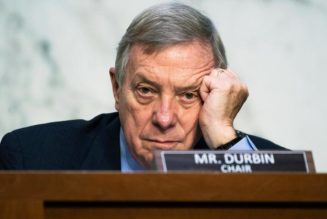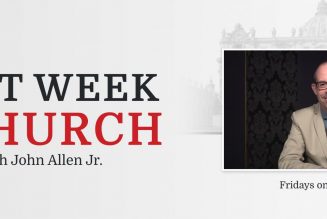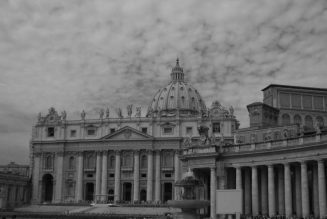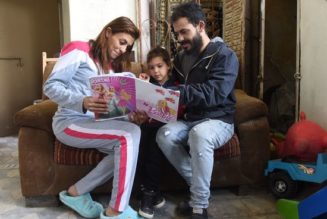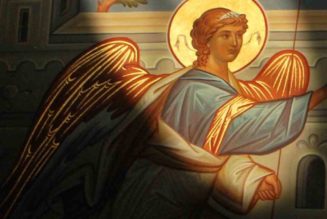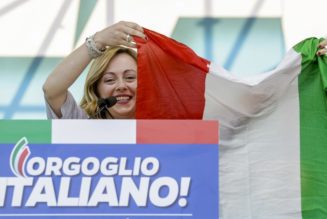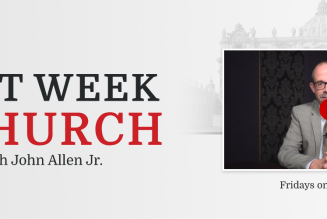|
Listen to this story: |
ROME – Whenever a pope appears in public, the focus, in a sense, is always on Peter – that is, on the pontiff as the successor of Peter and therefore chief among the apostles.
When Pope Francis delivers his noontime Angelus address tomorrow, however, he will be sharing the spotlight with a second Peter: Pietro Orlandi, the brother of the famed “Vatican Girl,” who has vowed to be on hand in anticipation of hearing the pontiff say something about his sister’s case on the 40th anniversary of her disappearance.
June 22 was the actual date upon which 15-year-old Emanuela, the daughter of a minor Vatican employee, vanished in 1983. Over the years, her fate has become something like the Kennedy assassination of Italy, meaning a national obsession as well as a font of conspiracy theories and speculation.
Of late, both the Vatican and the Procurator of Rome, effectively the city’s district attorney, have opened new investigations, and a bill is currently before the Italian senate to launch a parliamentary inquest into the Orlandi case as well as that of Mirella Gregori, another Roman teen who disappeared around the same time.
The Orlandi family’s attorney, Laura Sgrò, has made it clear they’re expecting Francis to address Emanuela’s anniversary tomorrow.
“The hope of the family is that the Holy Father will remember Emanuela with words of hope this coming Sunday during the Angelus,” Sgrò said.
“Emanuela is a citizen of his who’s been missing for 40 years. It would be an important gesture of charity, in a full evangelical spirit, which would put an end to every polemic and reinforce everyone’s will in the search for the truth,” she said.
